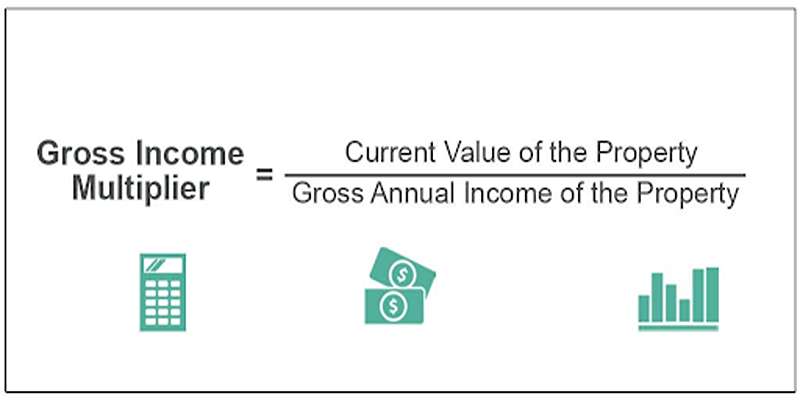Advertisement
What Economic Factors Influence the Cost of Crude Oil?
Dec 31, 2024 By Kelly Walker
The cost of crude oil is one of the most important factors in the global economy, as it impacts virtually every industry. While there are many variables that influence the price of oil, some key factors play a major role in determining how much it will cost to produce and purchase crude oil. These include supply and demand dynamics, geopolitical tensions, currency exchange rates, and other economic indicators. Understanding these factors can help you make informed decisions about when to buy or sell crude oil and plan for future changes in its value. In this article we’ll take a closer look at what economic forces affect the cost of crude oil and why they matter so much for investors around the world.
Overview of the Cost of Crude Oil
At a basic level, the cost of crude oil is determined by the supply and demand dynamics in the market. If supply is limited but there is strong demand for oil, prices are likely to increase. Conversely, if there is an oversupply of oil relative to demand, prices will tend to be lower. Factors like weather conditions and natural disasters can also influence the price of crude oil. For example, hurricanes or other storms that affect major port facilities can disrupt production and shipping of certain types of oil, leading to higher short-term prices.
Supply and Demand Dynamics

The supply of crude oil is largely determined by the output from major producers like OPEC nations, Russia, and the United States. OPEC (Organization of Petroleum Exporting Countries) is made up of several major oil-producing countries in the Middle East and North Africa that have a significant influence on global oil production. When OPEC members reduce their production due to political tensions or other factors, it can lead to higher prices as there is less oil on the market.
Geopolitical Tensions
Geopolitical tensions can also have an impact on the cost of crude oil. For example, when there is conflict or instability in major oil-producing countries like Iraq, Iran, and Venezuela, it can lead to disruptions in supply and thus higher prices. Similarly, if major trading routes are affected due to regional disputes or blockades, this can reduce the amount of oil available for sale and increase costs as well.
Currency Exchange Rates
Currency exchange rates are another key factor that can influence the cost of crude oil. When oil is priced in US dollars, a strong dollar generally increases the price of crude oil as it makes the commodity more expensive for buyers who use different currencies. Similarly, when the value of other currencies rises relative to the US dollar, this can reduce the cost of oil and make it more affordable for consumers in those countries.
Other Economic Indicators
Beyond supply and demand dynamics, geopolitical tensions, and currency exchange rates, there are other economic indicators that can affect the cost of crude oil. Interest rates in major economies like the United States China, and Europe can influence the demand for oil as lower interest rates tend to spur economic activity which increases consumption. Inflation levels also play a role in determining the long-term price of crude oil as higher prices generally lead to less demand.
How to Make Informed Decisions About When to Buy or Sell Crude Oil?

In order to make informed decisions about when to buy or sell crude oil, it’s important for investors to stay on top of the key economic forces that affect its price. This means keeping an eye on supply and demand dynamics, geopolitical tensions, currency exchange rates, and other economic indicators.
By understanding these factors and how they influence the cost of crude oil, you can make more informed decisions about when to buy or sell this commodity. It is also important to note that crude oil prices can be volatile in nature and subject to sudden swings due to geopolitical events or unforeseen market developments.
Therefore, by having a clear understanding of the underlying economic forces that affect the cost of crude oil, investors can plan ahead for changes in its value and create a more successful trading strategy.
Conclusion
The cost of crude oil is determined by a range of different economic factors such as supply and demand dynamics, geopolitical tensions, currency exchange rates, and other economic indicators. By understanding these forces and how they affect the price of oil, investors can make more informed decisions when it comes to trading this commodity. As with any investment decision however, it is important to remember that crude oil prices are subject to sudden changes due to unforeseen events or market developments so it is essential to stay up-to-date on current news and trends in order to be successful.
FAQs
What are the main factors that affect the cost of crude oil?
The main factors that affect the cost of crude oil are supply and demand dynamics, geopolitical tensions, currency exchange rates, and other economic indicators.
How can I make informed decisions about when to buy or sell crude oil?
To make informed decisions about when to buy or sell crude oil, it’s important for investors to stay on top of the key economic forces that affect its price. This means keeping an eye on supply and demand dynamics, geopolitical tensions, currency exchange rates, and other economic indicators.
Are crude oil prices volatile?
Yes, crude oil prices can be volatile in nature and subject to sudden swings due to geopolitical events or unforeseen market developments. Therefore, it is important to stay up-to-date on current news and trends in order to plan ahead for changes in its value.
Advertisement

10 Largest Software Companies

Countries with the Strongest Demand for Gold Jewelry

What Are S and P Core Earnings?

10 Steps to Becoming a Day Trader

What Are The Most Crucial Aspects Of Understanding Ordinary Annuity?

Best Call Center Services for 2023.

Interest In Capitalization: What It Is, How It Operates, and a Sample

Best RV Insurance Companies

What Is a Gross Income Multiplier?

